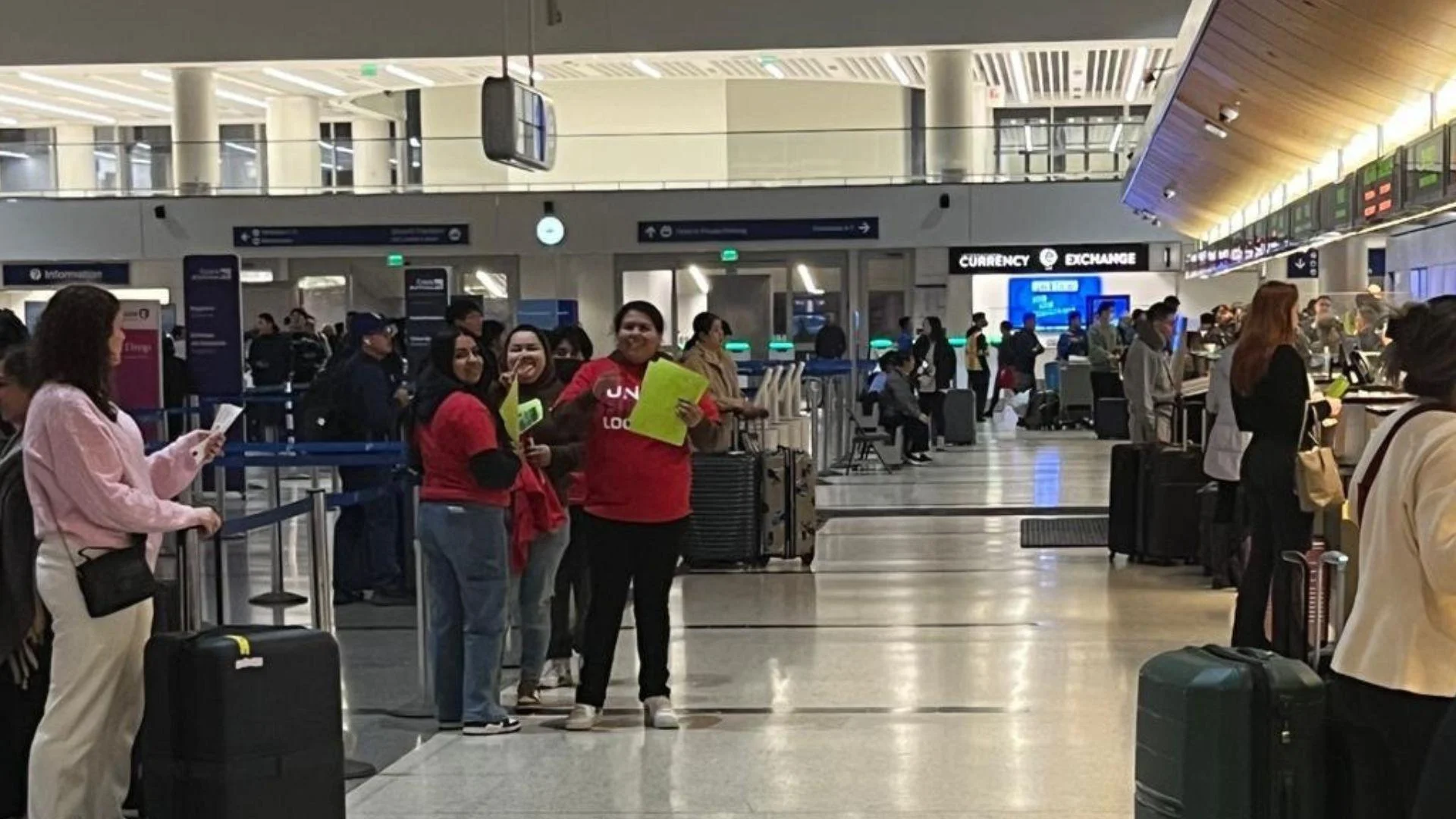Preliminary results indicate that the sector is generating over 3.6 million metric tonnes of cabin and catering waste annually, with 65% being food and beverage waste. Untouched meals account for 18% of all waste. This amount of waste costs the sector billions of dollars each year, with Crane estimating roughly $3.5 billion annually during the conference.
With passenger numbers set to double to 10 billion by 2050, Crane warned that the problem is only going to grow and that immediate action is required. There are, however, clear hurdles to overcome.
Stringent phytosanitary controls and inadequate recycling facilities at many airports often result in incineration or landfill disposal.
Moreover, achieving meaningful change in the industry will necessitate alterations in airline behaviors. For instance, they could adjust passenger services by focusing on pre-order dining options or limiting onboard choices to reduce waste.
It is also important for airlines to better align their sustainability goals with caterers, noted Crane.
Crane believes that compelling data from ASF’s audits will drive airlines to adopt these necessary behavioral changes. Naturally, passengers’ willingness to accept these changes would ease the transition.
For its part, IATA has formally recognized ASF’s audit tool, which will now become the industry standard for measuring and analyzing cabin waste data at airlines.
Audit data will be used to guide both industry stakeholders and policymakers in their efforts to reduce cabin waste and improve circularity through re-use and recycling.
---
 Alerts Sign-up
Alerts Sign-up




































